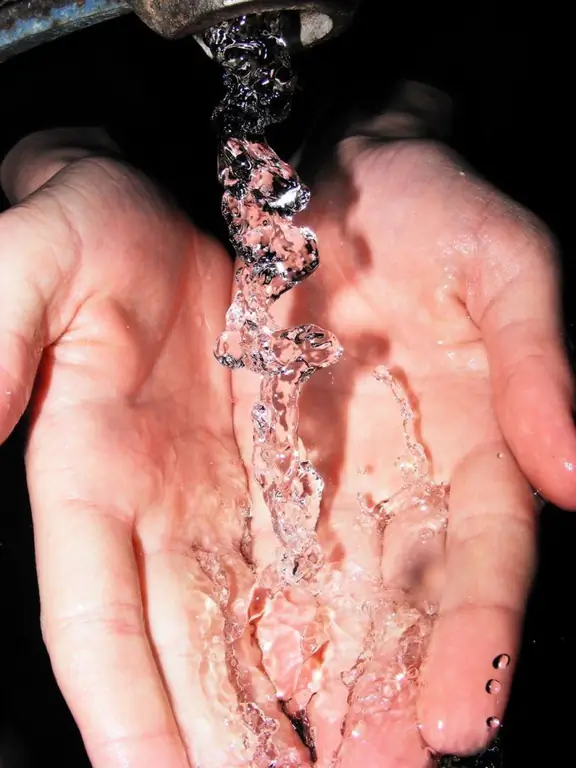- Author Horace Young [email protected].
- Public 2023-12-16 10:35.
- Last modified 2025-01-23 11:41.
The number of foodborne infections increases in the summer. To a greater extent, this applies to children. This is because hot weather creates more favorable conditions for the growth of bacteria and viruses that cause these infections.

The most important causes of intestinal disorders are.
- Unwashed or poorly washed hands.
- Poorly washed fresh vegetables and fruits, greens, which are sold on the streets and from the backyard.
- Expired food.
- Failure to comply with the storage conditions for food and cooked food.
- Poor drinking water quality or improper storage.
How to avoid intestinal disorders in children?
There are five easy ways to do this.
- To teach the child to wash his hands immediately after the street, after using the toilet and always before eating, regardless of the fact that he washed his hands when he came from a walk.
- Explain to the child that in no case should you eat dirty vegetables, fruits, herbs, not only in the market, but also in the garden from the garden.
- Tell your baby that it is dangerous to drink water that has been in the sun for a long time, as well as from reservoirs and from the tap, although in summer in the heat it is tempting to do so.
- Show by your example how to choose the right products in the store. It is mandatory to check the expiration date of the goods. If the kid sees that an adult is checking the expiration date, he will get used to doing this and will never buy an expired product.
- Teach your child how to cook food and how long it can be stored in and out of the refrigerator.
Subject to all the rules, the child will not be afraid of any intestinal infections.
If intestinal disorders could not be avoided, you need to use sorbents to remove toxins, as well as means to prevent dehydration.
In serious situations, medical intervention may be required.






